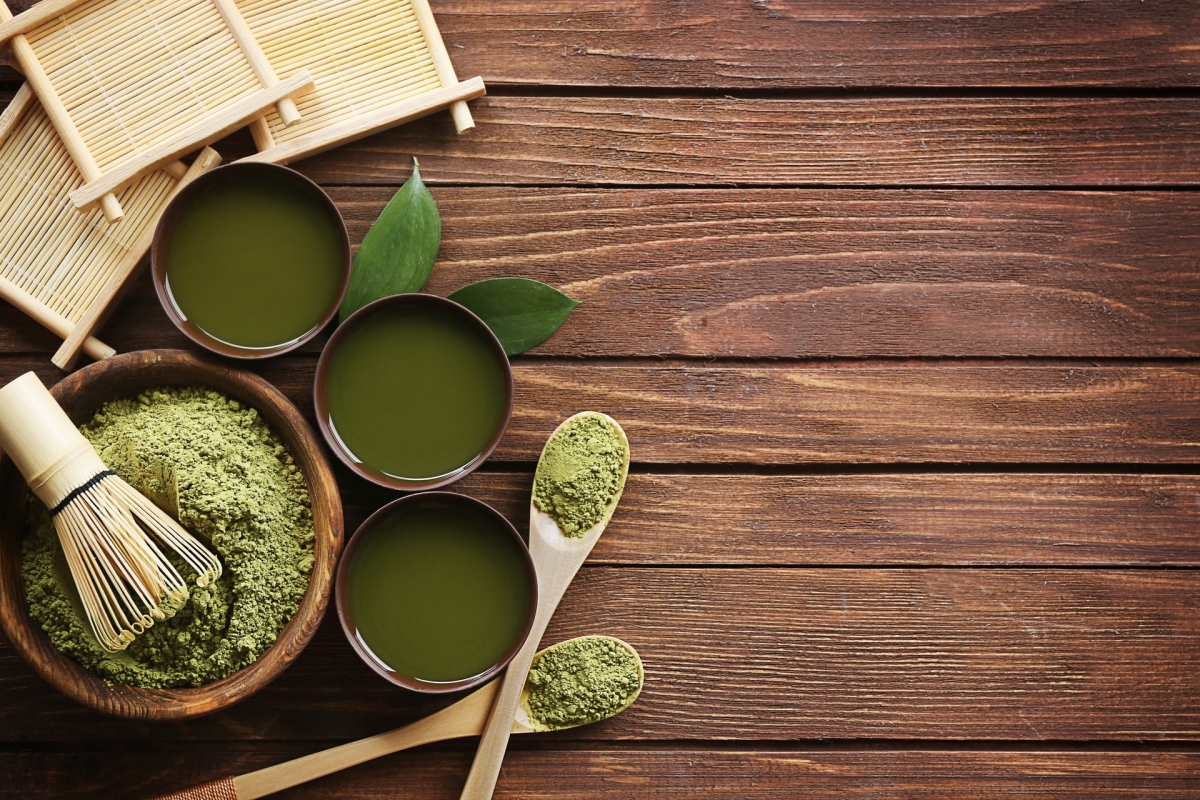GREEN TEA BENEFITS FOR PROSTATE HEALTH
Because of its outstanding health advantages, green tea is a food that all men should consider adding to their daily menu. Not only is green tea a potent source of antioxidants known as catechins, it also has been associated with a variety of health benefits for the prostate. Here are some benefits of green tea you ought to know.
- It interferes with the activity of an enzyme called ornithine decarboxylase, which plays a role in the “birth” of prostate cancer (Gupta 1999)
- Green tea slows the growth of human prostate cancer cells and prompts them to “commit suicide” (apoptosis) (Gupta, Ahmad 2000)
- It encourages the repair of damaged DNA that might otherwise promote cancer growth (Butt 2009)
- Green tea inhibits the activity of an enzyme called COX-2, which accumulates in prostate cancer tissue and is involved in the prostate cancer process. (Hussain, Gupta 2005). Research shows that prescription medications called COX-2 inhibitors, such as celecoxib (Celebrex) have the ability to slow the growth of prostate cancer in animal models. However, a recent study published in Clinical Cancer Research shows that the EGCG found in green tea was nearly as effective as COX-2 inhibitors in slowing the growth of prostate cancer. (Adhami 2007)
- It stimulates the activity of certain immune system cells that fight cancer tumors. (Butt 2009)
- In a study published in the journal Cancer Prevention Research in June 2009, researchers reported that green tea polyphenols, primarily EGCG, significantly reduced the levels of PSA. The study included 26 men who had prostate cancer and who were scheduled for radical prostatectomy. (McLarty 2009)
- It also appears that catechins may benefit men who have pre-cancerous prostate lesions (prostate intraepithelial neoplasia, or PIN), a condition that indicates a high risk of developing prostate cancer. Studies indicate that 30 percent of men who have a high-grade PIN go on to develop prostate cancer within one year after a repeat biopsy. In a 2006 study published in Cancer Research, 60 men who had high-grade PIN participated in the double-blind, placebo-controlled study. (Bettuzzi 2006) Men in the treatment group received three 200-mg capsules of catechins daily. After one year, only one tumor was diagnosed among the 30 treated men, compared with nine cancers found among the 30 controls. As a “bonus,” the researchers also noticed that the men who took the catechins had reduced lower urinary tract symptoms, which suggests catechins may be helpful in treating symptoms of BPH.
For the sake of this article, we will be focusing on prostate-based benefits of green tea. More information about other benefits can be found at www.prostate.net
GREEN TEA AND PROSTATITIS
Catechins which are present in green tea have an ability to treat prostatitis, as was demonstrated in an animal study that compared placebo, catechins, ciprofloxacin, or catechins plus ciprofloxacin. Animals in the catechins-only group showed modest improvements in inflammation and bacterial growth compared with the placebo group, while the combination of catechins and ciprofloxacin resulted in significant improvements.
A recent study of green tea extract and prostatitis revealed that in rat models of chronic prostatitis, the use of nano catechins (catechins modified using nanotechnology) resulted in more effective anti-inflammatory and antibacterial effects than unmodified catechins. Research indicates that drinking two to three cups of green tea daily may be beneficial.
 GREEN TEA AND ENLARGED PROSTRATE (BPH)
GREEN TEA AND ENLARGED PROSTRATE (BPH)
Green tea has shown a number of health benefits for men with BPH who want to restore their prostate health. Overall, the catechins in green tea have demonstrated the ability to kill certain bacteria and viruses and enhance the immune system. The antioxidants in green tea also appear to contribute to its ability to reduce levels of dihydrotestosterone (DHT), a hormone that increases a man’s risk of developing BPH.
A study conducted by researchers at Winthrop University Hospital in Garden City, New York, evaluated the impact of a green and black tea mixture on lower urinary tract symptoms (LUTS), which are characteristic of men with an enlarged prostate. The 46 men in the study were given either a placebo or the tea mixture (500 mg or 1000 mg) daily for 12 weeks. The authors found that men who had taken the tea mixture showed an improvement in LUTS (including improved urinary flow and reduced inflammation) and quality of life in as little as six weeks when compared with placebo.


 GREEN TEA AND ENLARGED PROSTRATE (BPH)
GREEN TEA AND ENLARGED PROSTRATE (BPH)